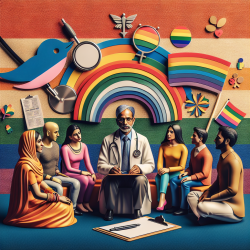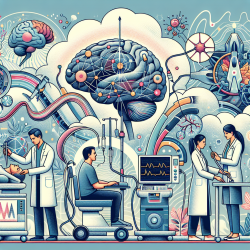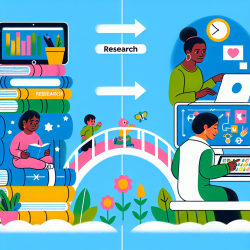The evolving landscape of LGBT rights in India presents both challenges and opportunities for mental health practitioners. The recent research article, "The possible role of the psychiatrist: The lesbian, gay, bisexual, and transgender population in India," offers valuable insights into how psychiatrists can play a pivotal role in supporting this community. By understanding the unique mental health needs and societal pressures faced by LGBT individuals, practitioners can enhance care delivery and advocate for more inclusive healthcare policies.
The Current State of LGBT Rights in India
India has made significant strides in recognizing the rights of the LGBT community, most notably with the decriminalization of Section 377 of the Indian Penal Code in 2018. This landmark decision has opened doors for further legislative developments aimed at protecting the rights of transgender individuals and improving their access to essential services such as education, employment, and healthcare.
Mental Health Disparities Among LGBT Individuals
LGBT individuals often face a higher prevalence of mental health issues such as depression, anxiety, and suicidal ideation due to societal discrimination and minority stress. These challenges are not inherent to being LGBT but are instead imposed by external social factors. Understanding these disparities is crucial for psychiatrists who aim to provide effective care.
The Role of Psychiatrists in Bridging Health Gaps
Psychiatrists can significantly impact the mental well-being of LGBT individuals by adopting a holistic approach that includes:
- Advocacy: Promoting policies that protect LGBT rights and reduce discrimination.
- Cultural Competency: Understanding the cultural context and unique experiences of LGBT patients to provide tailored care.
- Inclusive Communication: Using language that respects patients' identities and encourages open dialogue about their experiences.
The Importance of Further Research
The research highlights the need for ongoing studies to better understand the specific health needs of the LGBT population in India. Practitioners are encouraged to engage with international research and collaborate with peers globally to adopt best practices that can be adapted to local contexts.
A Call to Action for Practitioners
Psycho-social support systems must evolve alongside legislative changes to ensure comprehensive care for the LGBT community. Psychiatrists are uniquely positioned to lead this change by fostering an environment of acceptance and understanding within healthcare settings.










